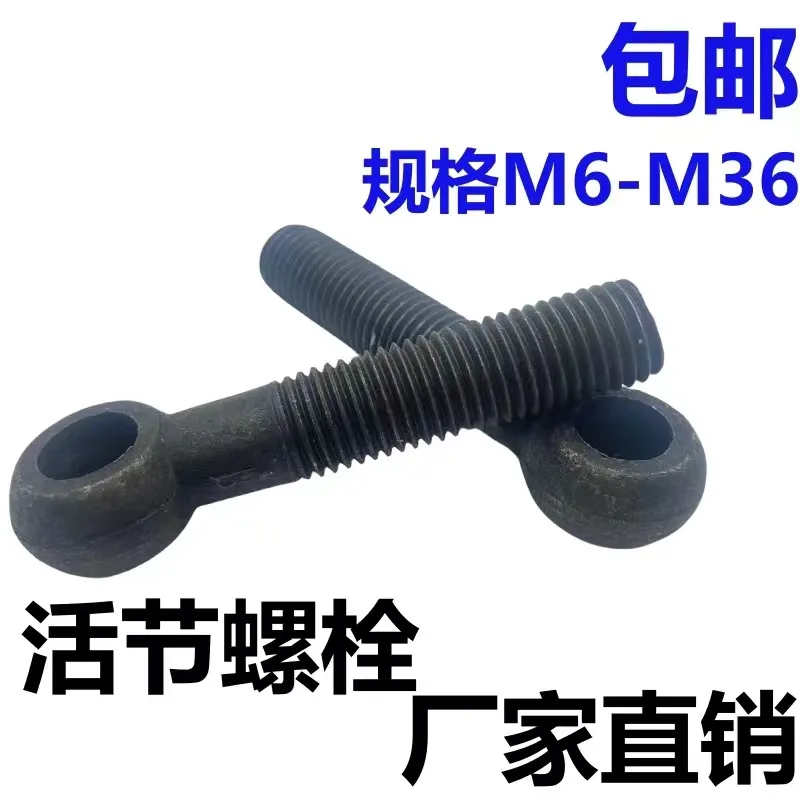

stud bolt din 976
10月 . 13, 2024 00:30 Back to list
stud bolt din 976
Understanding Stud Bolts Focus on DIN 976 Standards
Stud bolts are pivotal components in various engineering applications, particularly in heavy machinery, automotive, and construction industries. These fasteners play a crucial role in assembling parts and ensuring structural integrity in critical applications. Among the numerous standards that govern the manufacturing and use of stud bolts, DIN 976 stands out, particularly in Europe and other regions that adopt the German Institute for Standardization (Deutsches Institut für Normung) system.
What is DIN 976?
DIN 976 is a standard that specifically pertains to stud bolts. It outlines the specifications for these fasteners, ensuring they meet rigorous requirements for dimensions, material specifications, mechanical properties, and surface finishes. This standard has been designed to facilitate the interchangeability of stud bolts and to ensure their reliability in various applications.
Design and Specifications
According to DIN 976, stud bolts are typically characterized by their length and diameter. The standard provides detailed information on various sizes and types of stud bolts, including both metric and inch systems. The designation usually includes the nominal diameter, length, and the thread type, which could be standard or fine. This systematic approach aids manufacturers in producing consistent products that engineers can trust.
Material Quality and Strength
stud bolt din 976

One of the most significant aspects of DIN 976 is its focus on the material properties of stud bolts. The standard stipulates that stud bolts should be made from high-strength materials, often alloy steel or stainless steel, which can withstand significant loads and environmental factors. The tensile strength and yield strength of the bolts are critical, as they determine the bolt's ability to resist deformation under load.
Applications of Stud Bolts
Stud bolts compliant with DIN 976 are widely used in various applications. In construction, they are essential in securing structural steel components together. In the automotive industry, they’re utilized to fasten engine components and chassis. The oil and gas sectors also rely heavily on stud bolts, particularly in flanged connections where high pressure and temperature conditions are prevalent.
Installation and Maintenance
Correct installation of stud bolts according to DIN 976 is vital for ensuring safety and functionality. Over-torquing can lead to bolt breakage, while under-torquing may result in leaks or structural failures. It is crucial for engineers and technicians to follow the prescribed torque values and use appropriate lubricants during installation. Regular inspections and maintenance of connections involving stud bolts are recommended to identify any signs of wear and tear, thereby preventing catastrophic failures.
Conclusion
In summary, stud bolts that comply with DIN 976 are essential components in various engineering applications, offering reliability and strength. The standardization provided by DIN 976 ensures that these fasteners meet quality specifications, facilitating interoperability and enhancing safety in systems that use them. As industries continue to advance and evolve, the importance of adhering to established standards like DIN 976 cannot be overstated. Understanding these standards not only supports engineering best practices but also assures the long-term performance of critical components in various applications. Thus, whether you are an engineer, a maintenance technician, or a student of materials science, a robust understanding of stud bolts and their standards is invaluable for the advancement and safety of engineering projects.
Latest news
-
Hot Dip Galvanized Bolts-About LongZe|High Strength, Corrosion Resistance
NewsJul.30,2025
-
High-Strength Hot Dip Galvanized Bolts - Hebei Longze | Corrosion Resistance, Customization
NewsJul.30,2025
-
Hot Dip Galvanized Bolts-Hebei Longze|Corrosion Resistance&High Strength
NewsJul.30,2025
-
High-Strength Hot-Dip Galvanized Bolts-Hebei Longze|Corrosion Resistance&High Strength
NewsJul.30,2025
-
Hot Dip Galvanized Bolts-Hebei Longze|Corrosion Resistance&High Strength
NewsJul.30,2025
-
Hot Dip Galvanized Bolts - Hebei Longze | Corrosion Resistance, High Strength
NewsJul.30,2025

